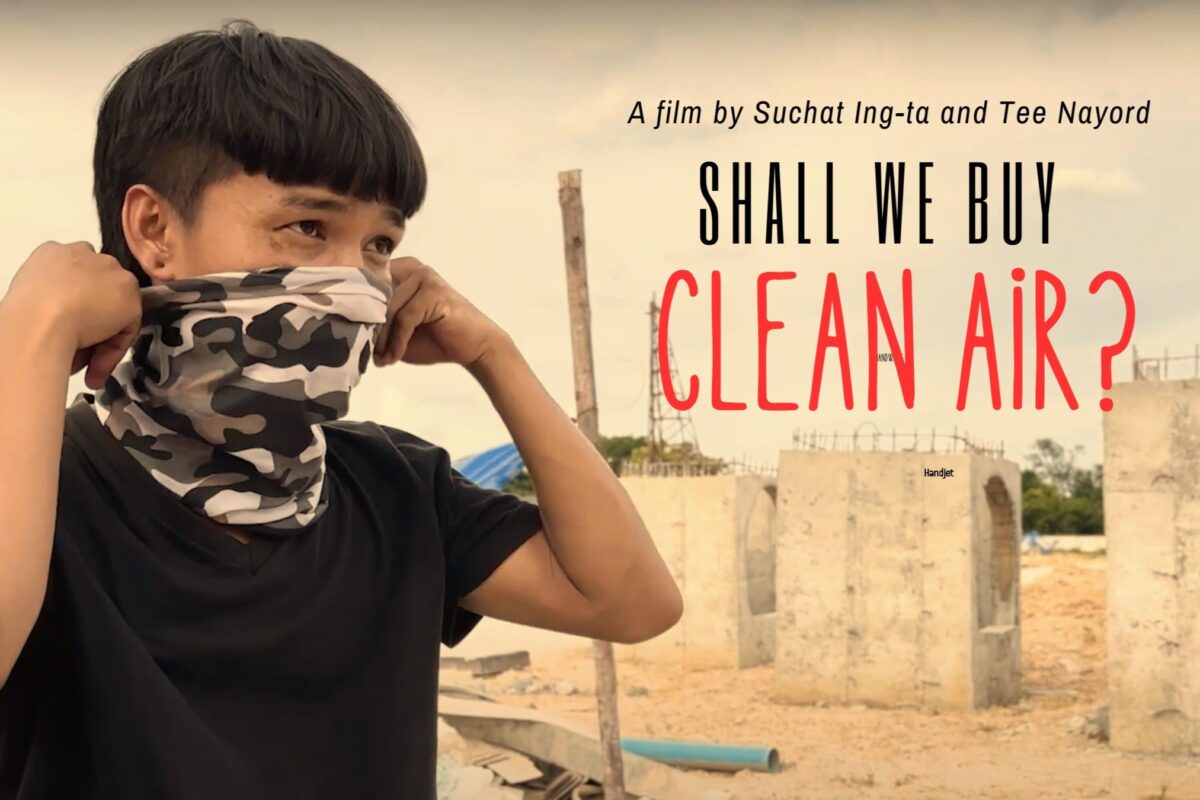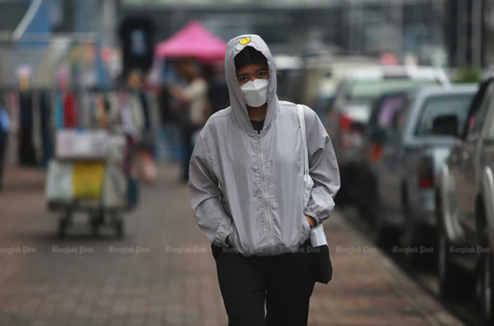The haze season has arrived in Thailand, especially in the country’s north, where smog caused by forest fires and burning agriculture peaks between January and April each year.
As a result, millions of people cannot avoid being exposed to air pollution and are forced to live in a cloud-like haze. The number of patients in hospitals with air-pollution-related diseases surges nationwide every year as the haze is formed by PM2.5 – particulate matter measuring 2.5 micrometers in diameter or smaller.
These inhalable and fine particulates can penetrate deep into the lungs and enter the blood vessels, causing cardiovascular problems, strokes, and respiratory illnesses.
The World Health Organization estimated that PM2.5 caused 6.7 million premature deaths in 2019. Thailand’s Public Health Ministry recorded 1.73 million hospital patients linked to air pollution from January to mid-March last year.
However, while the haze causes environmental and health challenges, it also reveals the inequality suffered by marginalized people, especially the poor and ethnic minorities, who are likely affected the most due to their meager resources to deal with air pollution.
This gap is highlighted in a short documentary film called Shall we buy clean air?, which was produced by citizen journalist and social media influencers Suchat Ing-ta and Tee Nayord, who are also from an ethnic monitory group.
Their film showcases the impact of air pollution on three people from ethnic minority communities in Chiang Mai province in northern Thailand, whose impoverished backgrounds led them to rely on outdoor jobs such as a delivery rider and construction workers, jobs that expose them to air pollution.
Even staying inside their houses is not safe as air-conditioners and air-purifiers are out of their reach due to the appliances’ high prices. Their undocumented status makes their situation even more complicated as they are not eligible to seek support from the government.
The film depicts the filmmakers’ own experiences of the harsh reality in their communities, as well as delivering a message to the policymakers of Thailand and its neighboring countries to collaborate to urgently eliminate the sources of burning that cause the annual transboundary haze.
It also calls for the public and government’s unconditional support to help ethnic minority communities cope with the haze season.
Watch the film here:
Our Mekong, Our Say is a one-year project run by the Internews’ Earth Journalism Network. It supported more than 25 professional and citizen journalists in the lower Mekong region to produce films and stories that reflect the environmental challenges and people’s resilience in protecting natural resources.





